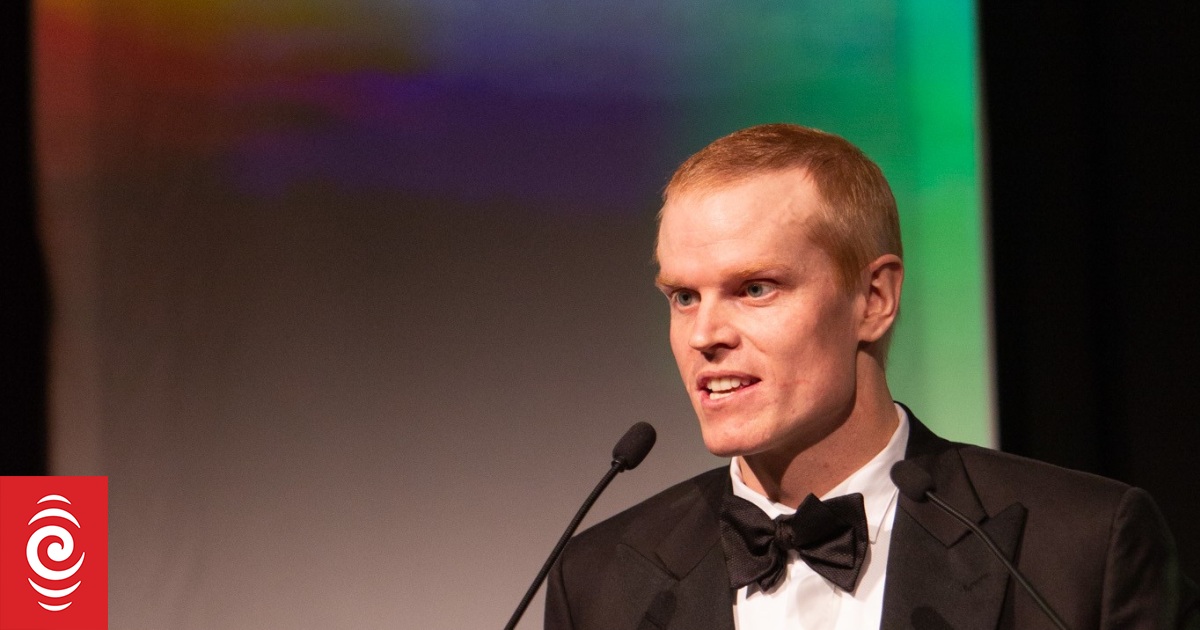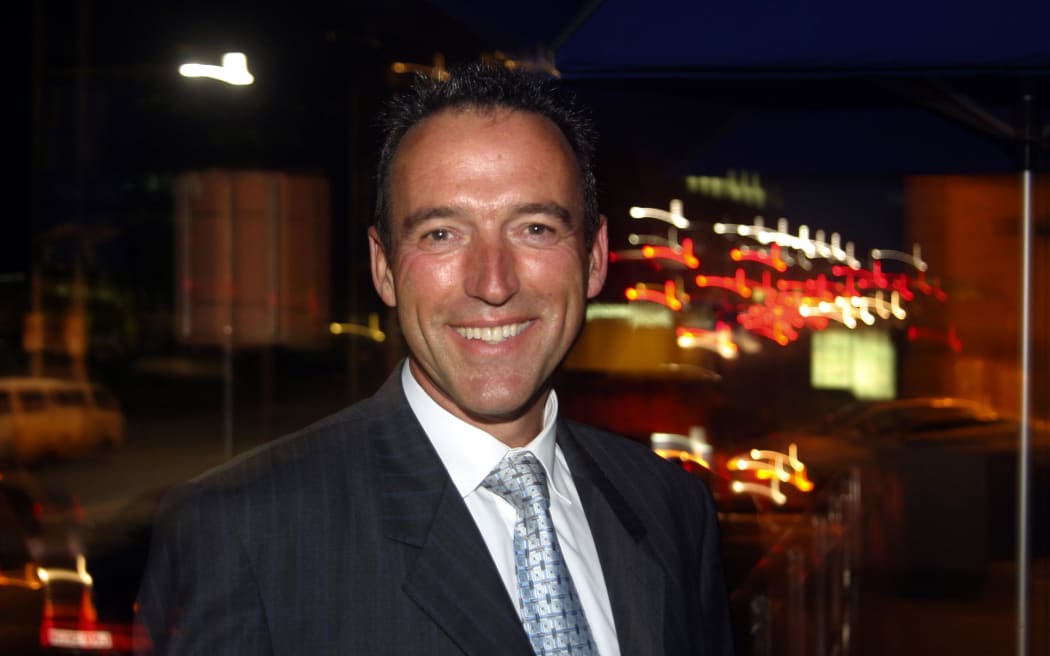


Nick Mowbray, pictured, owns Zuru Group along with his brother Mat.
Photo: Supplied
The owners of toy company Zuru have been named the country’s wealthiest people – knocking packaging, property and investment magnate Graeme Hart off the spot he has held for more than 20 years.
The Mowbray family, who started the company in their Cambridge garage, top the National Business Review’s 2024 Rich List, released on Monday.
Zuru is wholly owned by brothers Mat and Nick Mowbray, who the NBR estimates are worth $20 billion. Hart is valued at an estimated $12.1b.
Zuru Group was started more than 20 years ago and now spans three divisions – toys, consumer goods and construction – with more than 5000 staff across more than 30 locations worldwide.
In an interview with the NBR, published last week, 39-year-old Nick Mowbray said Zuru was on track to hit $3b revenue this year, with a plan to grow to $10b of annual turnover within the next five years.
The NBR said based on interviews with the Mowbrays and analysis against comparable listed company valuations, the publication had clearly undervalued the Mowbrays for several years. Last year, it estimated their worth was $3.2b.
“We have had the Mowbrays as billionaires for a few years now, but this year we managed to get some insight into the financials of the company that we’ve never had before,” NBR Rich List editor Hamish McNicol told RNZ’s Morning Report.
“Zuru is still a private company, so it’s been a bit harder to understand exactly how much this company is worth. But after that insight that we got from that interview, it’s been pretty clear that we’ve been undervaluing the Mowbrays for a while now. And, yeah, $20b might even be a light estimation.”
According to NBR, Zuru “describes itself as a robotics and automation company with a relentless focus on continuous improvement, which sees it automate at least one new process a week, resulting in some of the most efficient factories in the world”.
“This has resulted in the group being highly profitable and debt-free, and Zuru must now surely be considered one of New Zealand’s most remarkable business successes.”
The group is now working on a project to automate property construction, Nicol said.
About a year ago, Zuru purchased a 25-acre factory in China which would be its first full production factory for houses – the first of which should be complete by early next year.
“They’re investing all the toy money into … this housing project,” Nicol said. “And if they manage to crack the automation and making houses for cheaper the world over, then the scale of that it’s almost impossible to comprehend how big that business could get the rest of the list.”
Nicol said Mowbray was “pretty outspoken” about the company’s ambitions to be “the next Apple, Google, Tesla”, with a target of $10b revenue within in the next five years.
“Based on my conversation with Nick and what we’ve seen and what we’ve heard about the company, I don’t think that’s unachievable ambition.”

Graeme Hart had held the position of New Zealand’s richest person for more than two decades.
Photo: Fairfax Media via Getty Images
Hart’s wealth grew relatively slower – rising only $100m from $12b to $12.1.b.
“H’s still doing okay,” Nicol said. “His packaging businesses in the US have had pretty rough years. But back here in New Zealand he started investing, particularly in Auckland, a lot in commercial and residential property.
“So he’s still doing okay, but ah yeah, the Mowbrays certainly have blown away the field this year.”
The collective wealth of this year’s NBR List has come in at $95.68b – well up on last year’s $72.59b.
The top 10 are all billionaires with a collective net worth of more than $50b.
Baby boomers’ wealth is set to be transferred to the next generation, with some ‘Listers’ considering investments on a 100-year horizon, the NBR said.
It analysed who was next in line to inherit the wealth, and what might they do with it – finding while some were giving it all away, others were establishing family offices and investment vehicles in the hopes the next generation would continue their legacy.
“This historic wealth transfer is likely to have multiple ramifications on jobs, real estate and the economy overall,” McNicol said.